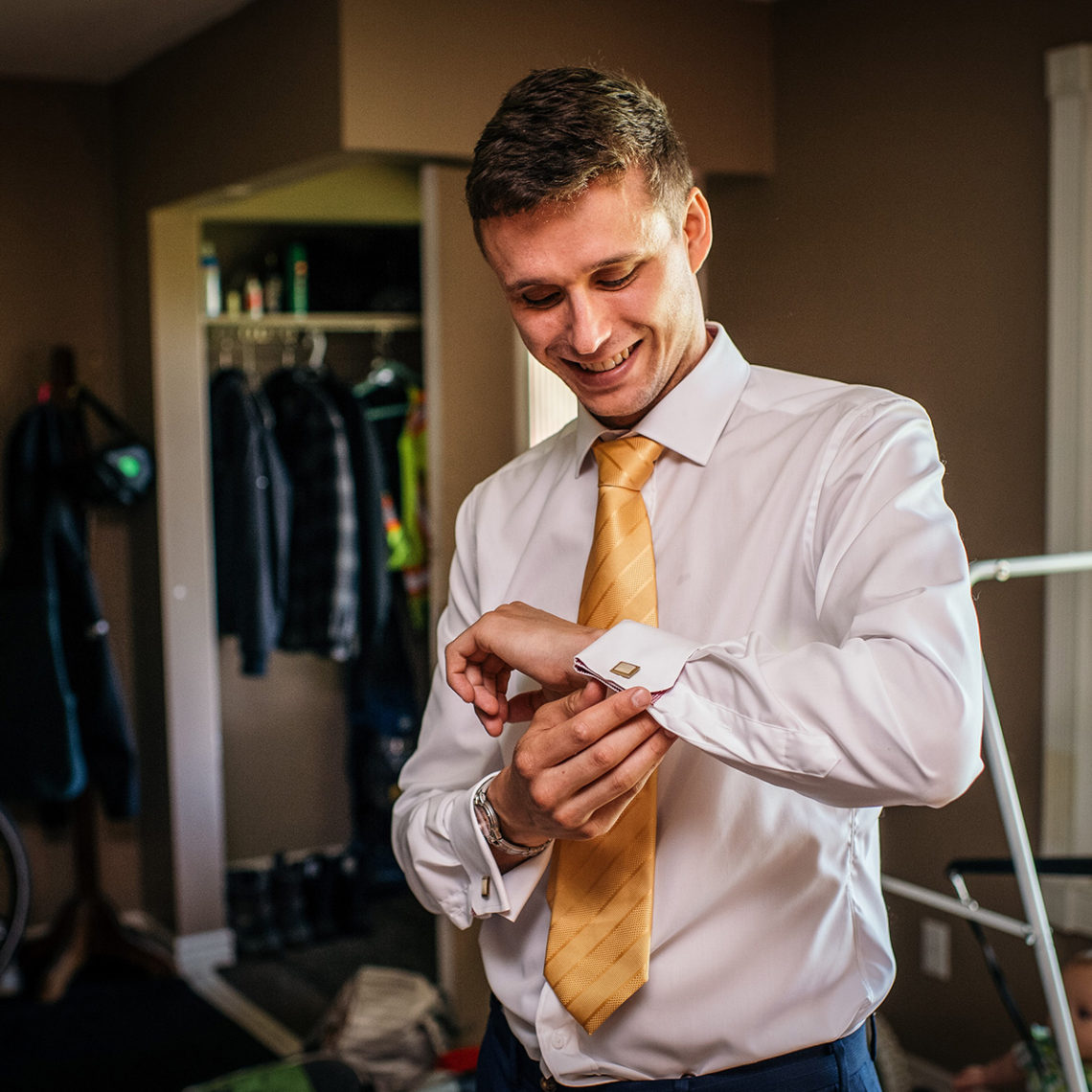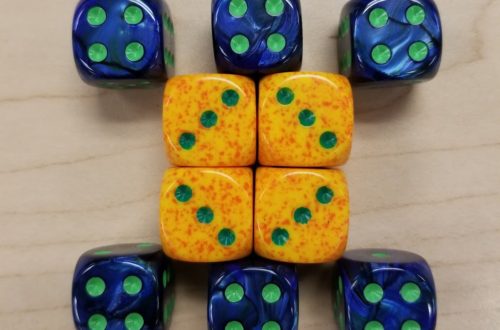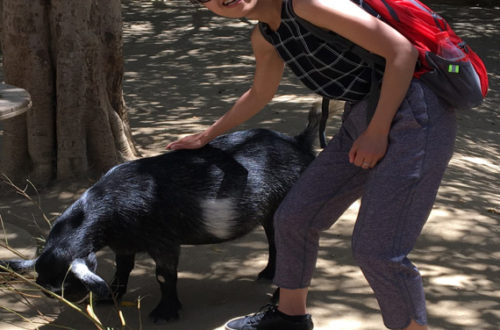A Comprehensive Education
It seems to me as though I’ve been convinced that there exists an ongoing fight between traditionalism and progressivism (Connelly 2013). Somehow, perhaps through the media or misinterpretation I’ve been stuck in an either/or competition with those who advocate for traditionalism and against good educators who have the best interest of their students in mind. Preferably, I would be interested in one thing: improving learning based off evidence just as Dewey and Schwab, ambassadors of education, have in the past (Connelly 2013). Connelly (2013) describes Dewey as someone who knew that “there were truths in the extremes of progressivism and traditionalism that needed to be dialectically brought together” (Connelly 2013, 628). Schwab is described as a “leading intellectual figure” and “the go-to academic” while “at the same time was the leading critic” (Connelly 2013, 625). Connelly (2013) reminds me that a good educator does not just critique the old, traditional ways and abandon teaching practices that have worked for many students, rather we work to improve them.
This debate about pedagogy has been raging in mathematics education for over 60 years (Saskatchewan Bulletin 1971). What is perceived as the past and future of mathematics education parallels the arguments of traditionalists and progressivists. But Connelly’s (2013) description of a both/and existence supported by Schwab and Dewey nullifies any arguments made exclusively for or against either side of this mad debate. Connelly (2013) asserts that Schwab challenges the existing “theoretical privilege,” essentially accuses his colleagues of talking nonsense, and encourages us to go back to the data (our students) to gain a both/and mindset (Connelly 2013, 629). He reminds me of what is actually important in my classroom—my students. What is more important than my students? They deserve a comprehensive education, both a prescriptive approach with traditional techniques when needed and progressive, motivational experiences when needed. When did we decide that we couldn’t have both? When did I decide it was “an exclusive choice” (Pinar 1978, 211)?
References
Connelly, F M. 2013. “Joseph Schwab, Curriculum, Curriculum Studies and Educational Reform.” Journal of Curriculum Studies 45, no 5, 622–39.
Pinar, W F. 1978. “The Reconceptualization of Curriculum Studies.” Journal of Curriculum Studies 10, no 3: 205–14.
Saskatchewan Bulletin. 1971. “’New Math’ Sparks Lively Debate.” delta-K: Journal of the Mathematics Council of the Alberta Teachers’ Association 10, no 4: 1–2.
Darcy House






